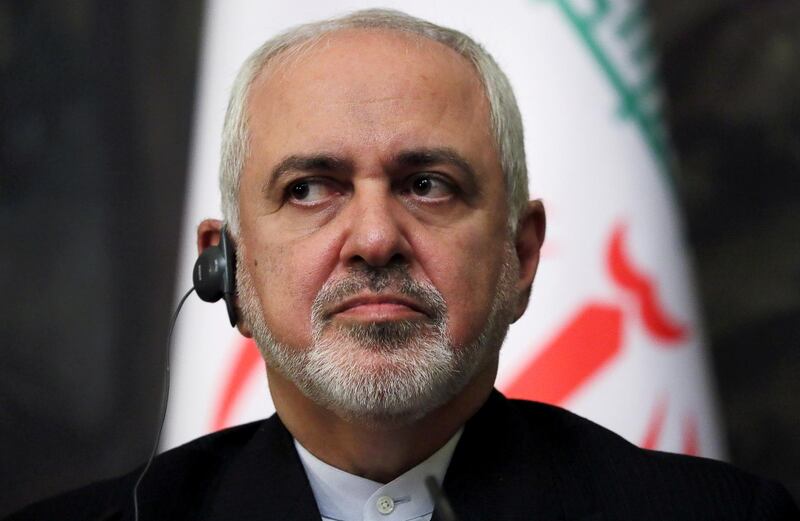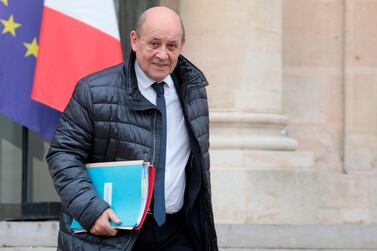The US has granted a visa to Iranian Foreign Minister Javad Zarif to attend a UN meeting in New York this week, a move approved by the Secretary of State Mike Pompeo.
Had Mr Pompeo not approved entry for Mr Zarif, Iran’s nuclear negotiator, it would have suggested that Washington was trying to isolate Tehran further and perhaps closing the door to diplomacy.
US-Iranian tension has worsened since President Donald Trump decided last year to abandon the 2015 nuclear deal, under which Tehran agreed to curtail its atomic programme in return for relief from economic sanctions.
They have taken several turns for the worse in the past two-and-a-half months after Mr Trump moved to try to eliminate Iran’s oil exports entirely because of White House concerns about its nuclear and missile programmes, and regional activity.
Since that decision, there have been two sets of attacks on tankers in the Gulf that Washington blamed on Tehran despite its denials, and Iran has shot down a US drone that prompted plans for a retaliatory air strike by Washington, which was abruptly called off.
On June 24, US Treasury Secretary Steven Mnuchin said Mr Zarif would be hit with US sanctions that week, which was unusual because the US does not usually warn of such decisions, to keep its targets from moving assets out of US jurisdiction.
Sources said Washington had decided to hold off from blacklisting him.
Imposing sanctions on Mr Zarif would have been unusual because it could impede any US effort to use diplomacy to resolve disagreements.
Iran’s mission to the UN said Mr Zarif had arrived in New York, where he is to attend a ministerial meeting on sustainable development goals, which aim to tackle issues including conflict, hunger, gender equality and climate change by 2030.







